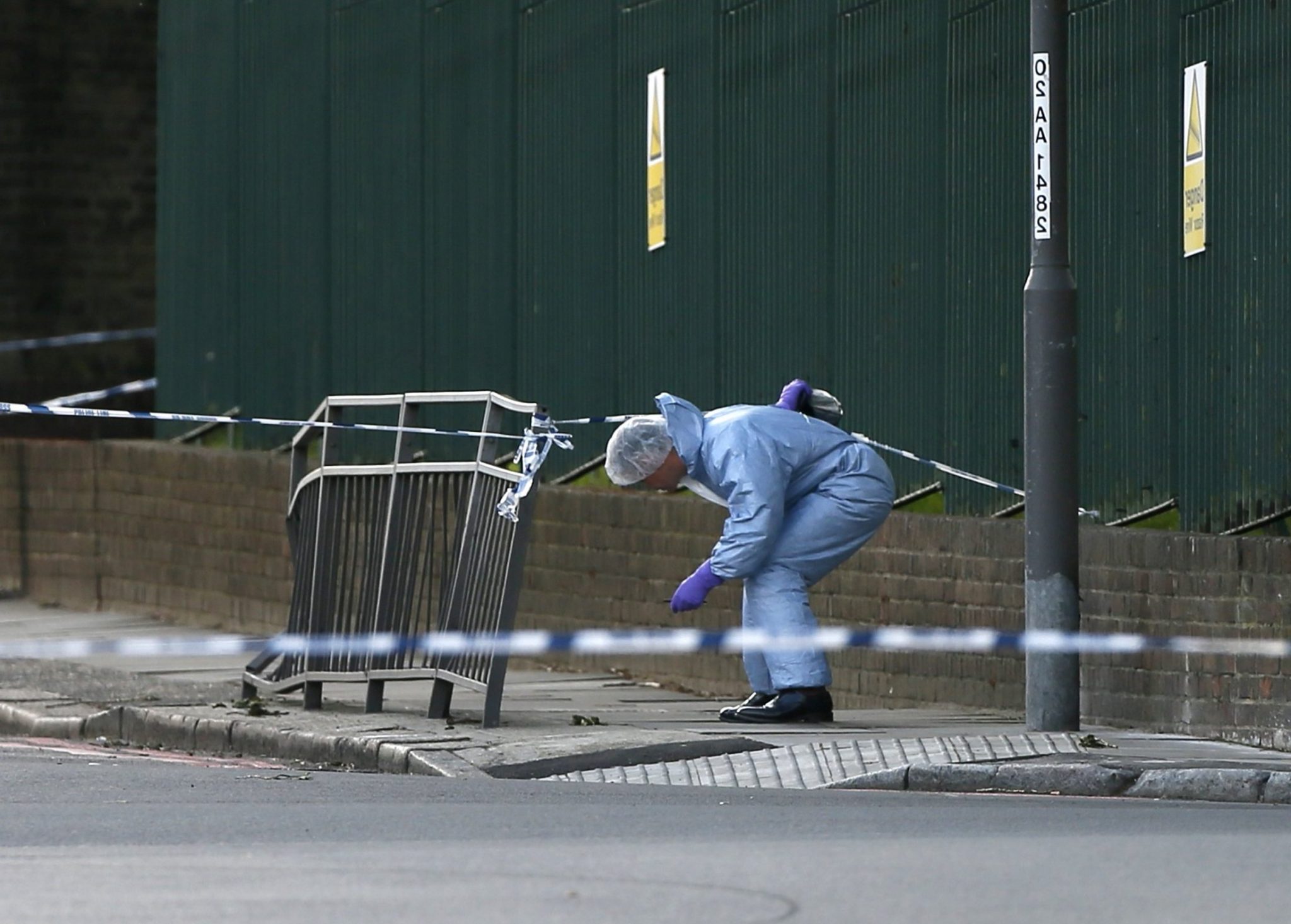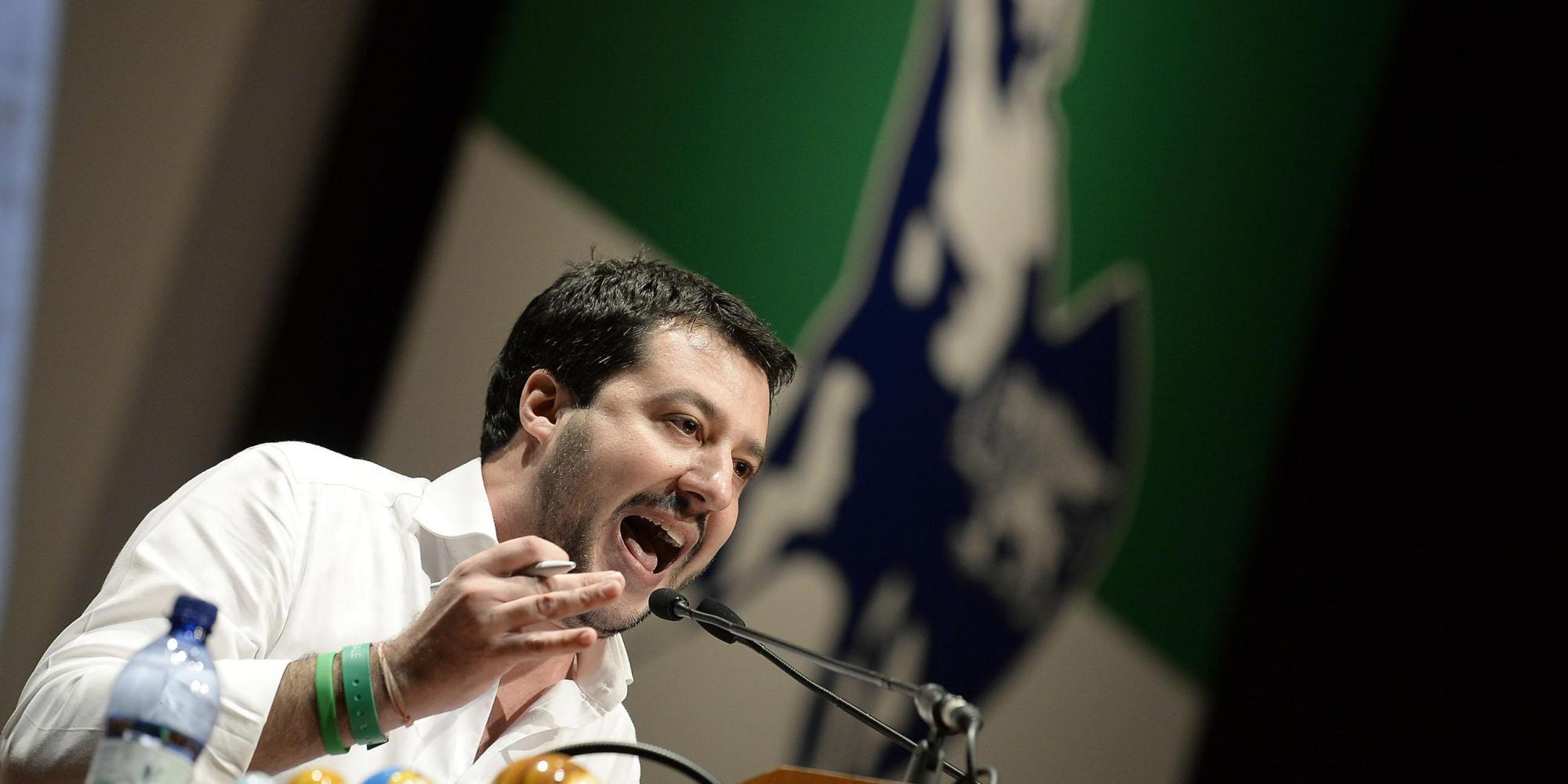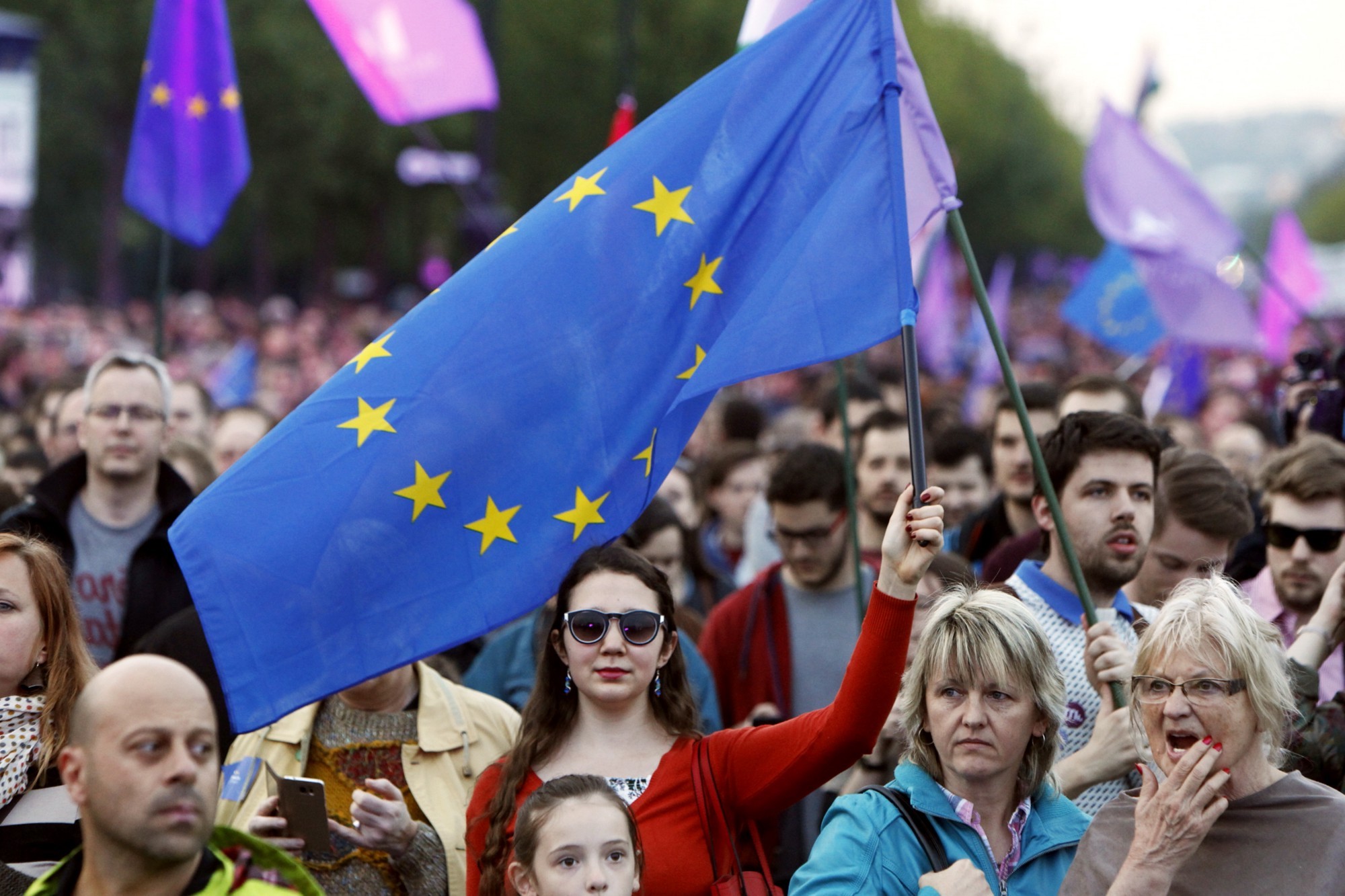
[authorbox authorid=”62″ title=”The Author”]
Crime in Britain has been on the rise recently. London has overtaken New York City in murder rates, with increases in knife and gun crime becoming a major concern.
In response, the UK government has launched the #KnifeFree campaign (which aims to dissuade young people from carrying knives), and the Mayor of London Sadiq Khan has stated that anyone caught carrying a knife “will feel the full force of the law”.
But are knives really to blame for Britain’s crime woes, or are they merely a useful scapegoat? Heightened crime in the UK is, instead, a symptom of a much larger problem: the systematic removal of the British people’s right to defend themselves.
‘No Excuses’
Echoing the Mayor of London’s sentiment, the British legal system has little sympathy for anyone buying, selling, or carrying a knife. Currently, the maximum sentence for carrying a knife in the UK is four years in a prison and an unlimited fine, unless the knife was being carried for one of the four ‘good reasons’ listed on the UK government website.
None of these four reasons, however, are for self-defence. While the UK does have a legal precedent on self-defence, which states that ‘reasonable force’ may be used by a defendant against an attacker, Brits attempting to defend themselves will presumably have to do so unarmed.
In fairness, there do seem to be some exceptions here. For instance, a 78-year-old pensioner from East London was recently released without charge after being arrested on suspicion of murder, following the death of a burglar who broke into his home.
In cases where the attack does not take place within the defendant’s own home, however, self-defence may be far more difficult to justify. Since carrying weapons is strictly forbidden, criminals in the UK won’t have much to worry about when it comes to victims fighting back. One may argue that it is this moral hazard, rather than easy-access to knives, which is at the heart of the British crime crisis.
Criminals Ignore Regulation
Britain’s existing precedent for strict restrictions on weapons provides a uniquely clear-cut example of how weapons control does not necessarily lead to a decrease in violence and criminality. Guns in the UK, for example, are tightly controlled; it is illegal under any circumstance for a private citizen to own a handgun (with the exception of muzzle-loading pistols, provided the owner holds a license), and obtaining licenses for other types of firearm requires a difficult and lengthy process.
Yet, since 2014, gun crime in London has risen by 44%. Moreover, knife crime in the capital reached a high in 2017, with a 21% increase from the previous year. Despite tough regulation, crimes involving these restricted weapons continues to persist. This is for one simple reason: Criminals pay little heed to state restrictions.
This becomes evident when one considers that the vast majority of knife crimes are committed through assaults, robberies, and rapes/sexual assaults. Knife control is unlikely to prevent a person who is happy to carry out a robbery from doing so while armed, but it may ensure that his victim is less well-prepared to fight back.
The Mayor of London’s plan to solve the issue through tougher knife controls is therefore rather naive. Unfortunately, further restrictions are likely to harm everyday citizens more than anyone else, as they will be left even more powerless to defend themselves as before. Meanwhile, criminals will continue to carry and use knives as before.
With knife and gun violence becoming an increasingly troubling issue, there is an urgent need to properly address the issue. Instead of relying on the tried, tested, and failed method of further restrictions, the Mayor of London should turn his attention towards the real issues influencing this spike in crime.
In any case, the situation need not be exacerbated by harsher control. In going down this route, it will simply become more difficult for citizens to defend themselves than it already is, while criminals will continue to use weapons as before. This is not an issue that be ‘banned’ away. The right to self defence must be both protected and supported, and criminals must not be given a monopoly on weapons.




